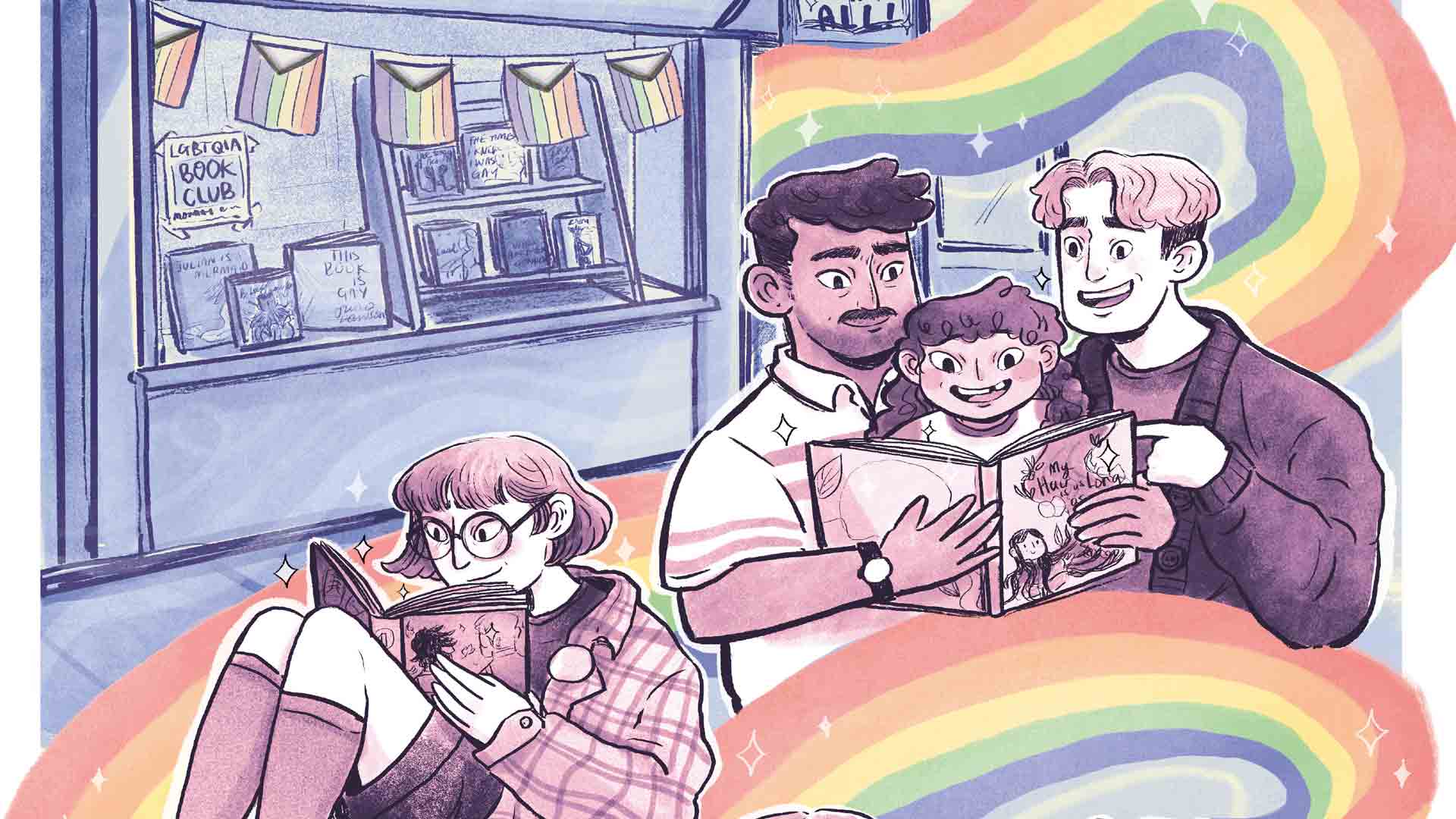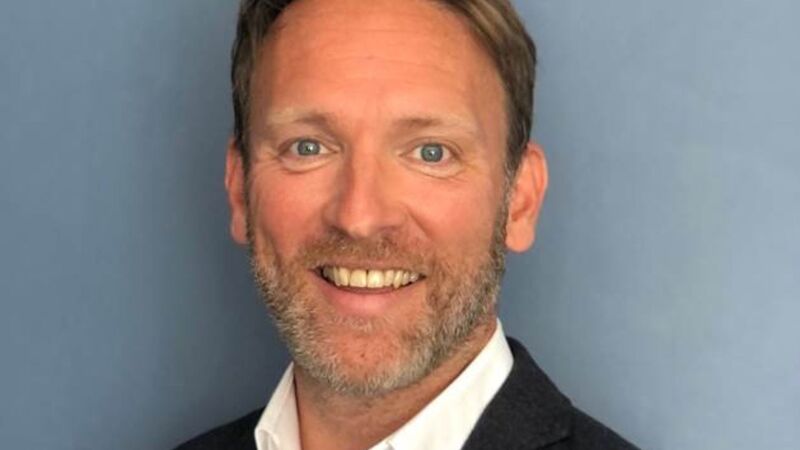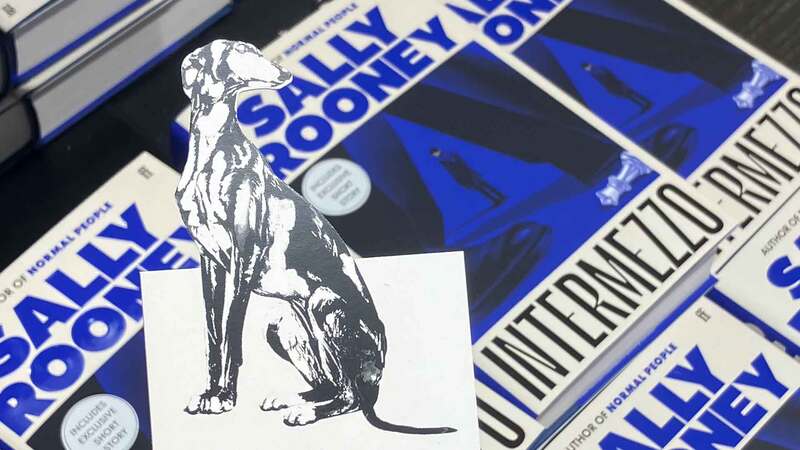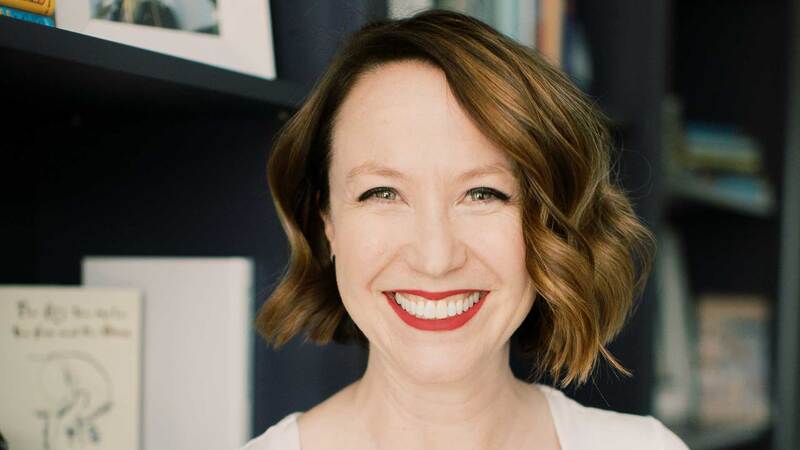You are viewing your 1 free article this month. Login to read more articles.
Time for a new story
Author and guest editor of The Bookseller’s LGBTQ+ Focus Jodie Lancet-Grant on the importance of representation within the publishing industry—and in the stories we tell.
I am part of an LGBTQ+ parents Whatsapp group, and one member recently messaged to express their distress at the homophobic graffiti that had been daubed on a banner outside her kids’ school. Someone else expressed their support and revealed that he and his husband had a brick thrown through their window last year. At my daughters’ school, a carefully organised boycott of Pride Day took place. The culmination of a week’s worth of activities honouring the achievements of queer heroes from Alan Turing to Nicola Adams, each class was given a different colour to wear, turning the entire school into a rainbow. Half of the parents kept their children home and a petition was delivered, protesting the inclusion of LGBTQ+ representation in primary school classrooms.
These are my personal experiences of a worrying wider trend that has seen homophobic hate crime rise by 112%, and transphobic hate crime increase by 186% over the past five years. I am not sharing these experiences and figures to depress you. Instead, I want to set out the glorious scope of our opportunity as publishers. Humans learn through stories, and whatever job you do within this industry, stories are your business.
When we publish tales of epic love that don’t adhere to the traditional boy-meets-girl model, when trans and non-binary characters have adventures unrelated to their gender identity, and when children’s books show family set-ups that are more inclusive than just “mum and dad”, it matters. When we promote non-fiction books about queer lives to mainstream audiences, when our self-development authors don’t assume all their readers are straight and cis, and when we allow LGBTQ+ writers to cover experiences other than their queerness, it makes a difference.
Whatever job you do within this industry, stories are your business
Not being seen or represented in the culture we consume is dangerous. Many of us who came of age under Section 28, the law that prohibited “promotion” (in effect, any mention) of anything LGBTQ+ in schools, grew up feeling isolated. Seeing ourselves, our relationships, and people who feel, look and love like we do in the books we read strikes a deep chord, whatever age we are. It makes us feel valued, seen and part of society.
But this publishing is crucial not only for queer people. What I’ve learned from promoting my LGBTQ+ inclusive picture books is that these stories are also vital for helping people outside of our community make sense of life and the world as it truly is. Stories in which LGBTQ+ people have the same adventures and struggles as other people show everyone we’re real, we’re here, and that our lives and experiences are just as important as anybody else’s. We don’t have to stick to the shadows.
As the excellent agent Silé Edwards, with whom I appeared on a panel that focused on all kinds of authentic voices in publishing recently, says: inclusivity is not Corporate Social Responsibility or charity. It’s very clear to me as an author, publisher and ex-comms director that we shouldn’t be publishing these books and writers only to do good. Publishing is all about readers, and the more readers we represent, the more readers we reach, and the more books we sell. Isn’t it great that we have the chance to change the world too.




















